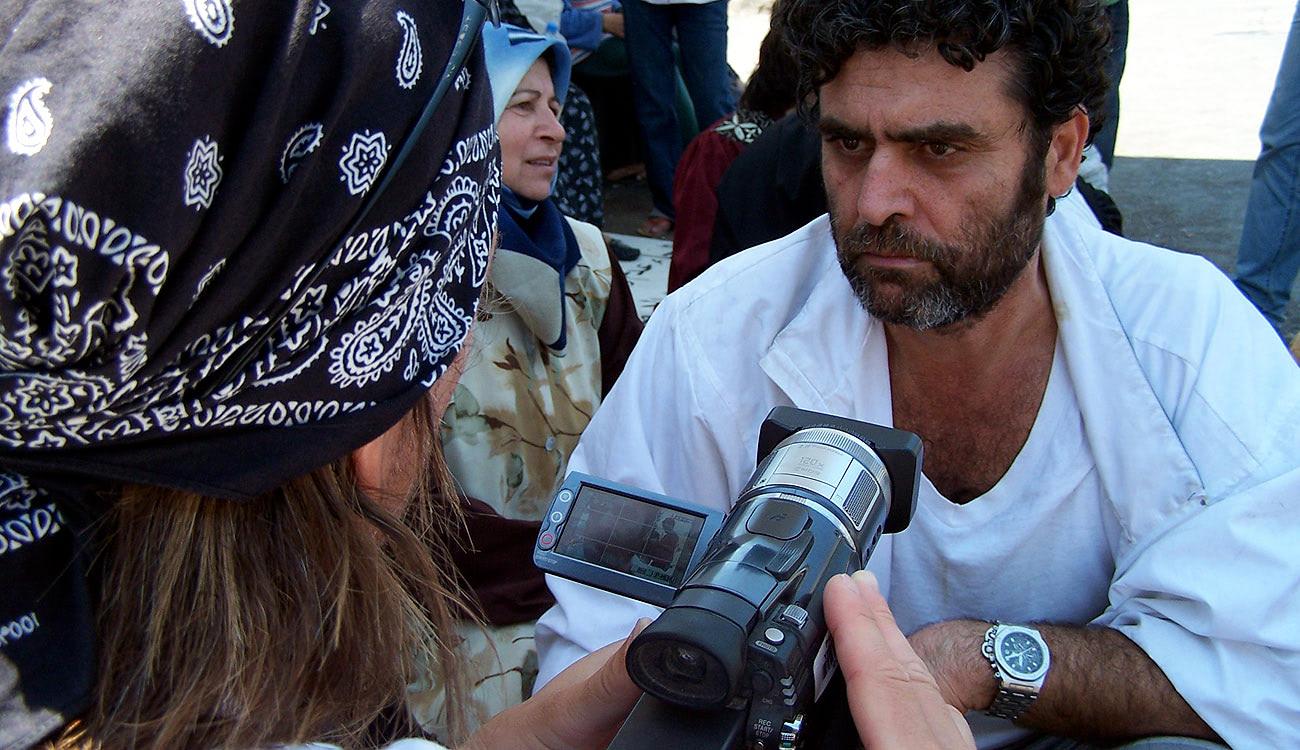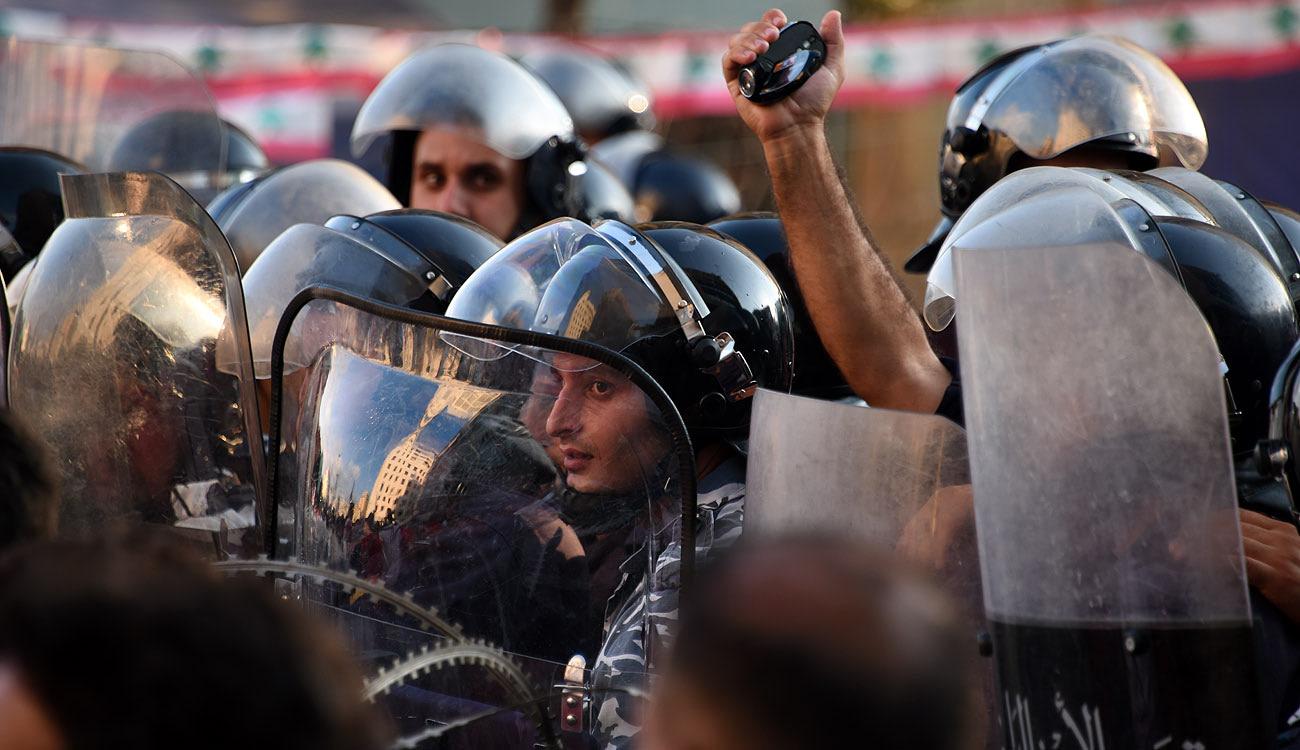99%Media
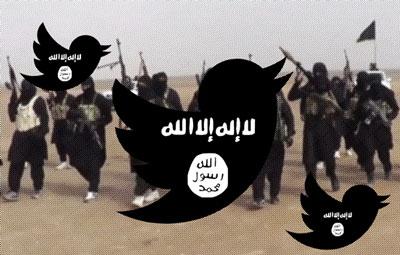
99%Media Lebanon
Media and terrorism have a symbiotic relationship, as the latter relies on the former to achieve its impact. This poses a great dilemma for journalists and news institutions: if they report on terrorism, they essentially serve its goals of spreading fear. If they don’t cover it, they fail to serve their publics. As non-state actors become increasingly sophisticated in using modern digital media technologies and integrating them with their terrorism operations, it is important to examine this relationship in depth and try to help journalists find effective innovative ways to cover terrorism. See reports on media and terrorism below.
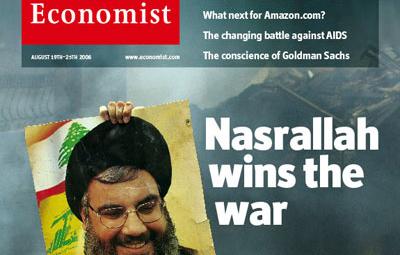
Serving Academic & Activist Communities
The way news media cover a conflict, especially in distant lands, influences our perception of that conflict. News frames of war define the problem, designate blame, construct legitimacy, provide moral justifications, and ultimately offer solutions. They designate who are the good guys and the bad guys, the winners and the losers, the victims, the aggressors and the saviors, and have the power to help resolve conflicts or escalate antagonism. Millions of people’s lives sometimes are influenced by what is included in the news frames, and more importantly what is excluded. See studies about news framing of war and conflict below.
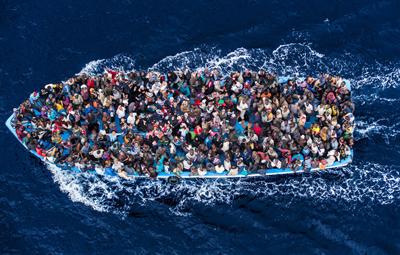
Future Plans
How do people living under dire situations of war and conflict use media to serve their information needs, connect with family and friends, follow up on the progress of political, military and diplomatic campaigns, and sometimes advocate their own views of the conflict and support certain solutions and groups? Research in conflict zones is rare and dangerous. IMRT’s team is uniquely situated to conduct such studies in a reliable, valid and safe manner. Read some reports we published that tackled these issues.
Projects
IMRT’s 99%Media productions span videos for educational, instructional and advocacy purposes. Here is a sample of these productions.
Escalating Violence During Protests
This short video offers aspiring journalists who plan to cover popular protests an example of how peaceful demonstrations can quickly descend into a dangerous conflict zone and threaten the safety and lives of those covering them. Journalism professors and trainers are welcome to use this video in their courses to prepare students for covering protests. Creative Commons License: NonCommercial, Attribution: Jad Melki, IMRT, Lebanese American University: https://www.youtube.com/watch?v=bwmwtswtZXY
Training the Next Generation of Medical Care Teams
This instructional video is an example of an IMRT production service. It offers aspiring medical care practitioners, including doctors, nurses, social workers and dietitians, a glimpse into the advanced Interprofessional Education (IPE) offered at the Lebanese American University. IPE occurs when multiple professions learn about, from and with each other to develop cohesive practices that improve health care and social wellbeing. More information about LAU-IPE
We Care!
This spot advertisement aimed is part of a global campaign to stop HIV stigma and discrimination in healthcare settings. The video was collaboratively produced by IMRT and other NGOs, companies, and activists. For more on the campaign: https://www.thunderclap.it/projects/49867-dignity-above-all
3rd International Conference on Medical Education
A short promotional video for a medical conference on Simulation for Education and Patient Safety, organized by the Gilbert and Rose-Marie Chagoury School of Medicine at LAU.
Fire Safety
A video created for the Lebanese American University’s Facilities Management Department to raise awareness on campus Fire Safety measures and procedures.
Telecom Package
A short promotional video created for the Student Development and Enrollment Management to promote a new affordable telecom package designed for university students.
Changing Room
A series of awareness videos produced by LAU Comm Arts students and staff for the Center for Lebanese Studies that highlight the issue of accessibility rights and the importance of designing our spaces with everyone in mind. Changing Room: Highlights the idea that inclusive design benefits everyone.
High Heels
A series of awareness videos produced by LAU CommArts students and staff for the Center for Lebanese Studies that highlight the issue of accessibility rights and the importance of designing our spaces with everyone in mind. High heels 2017: Highlights the issue of the general public not respecting signs and taking over spaces that where designed for people for whom these spaces where designed for.
I Found It
A series of awareness videos produced by LAU CommArts students and staff for the Center for Lebanese Studies that highlight the issue of accessibility rights and the importance of designing our spaces with everyone in mind. II Found it (2017): Highlights the issue of there not being enough spaces designed for people with reduced mobility.
Moto Manners
A series of awareness videos produced by LAU CommArts students and staff for the Center for Lebanese Studies that highlight the issue of accessibility rights and the importance of designing our spaces with everyone in mind. Moto Manners 2017: Highlights the issue of the public’s lack of awareness over what drop curbs are and who gets priority to use them.
Inclusive Design
A series of awareness videos produced by LAU Comm Arts students and staff for the Center for Lebanese Studies that highlight the issue of accessibility rights and the importance of designing our spaces with everyone in mind. 2017
